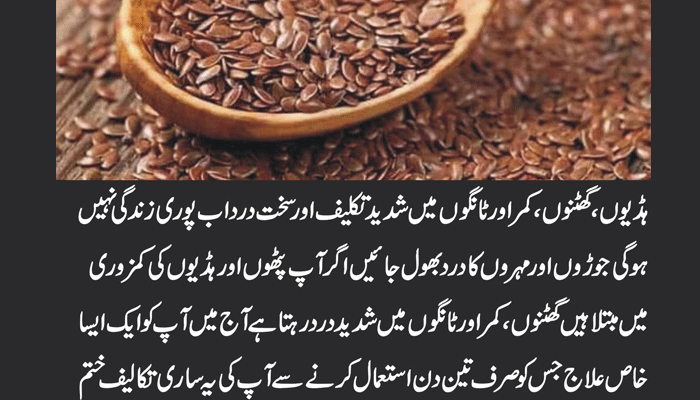Introduction
Iron deficiency anemia is a prevalent condition that occurs when the body lacks sufficient iron to produce an adequate amount of red blood cells. This leads to a decrease in the oxygen-carrying capacity of the blood, resulting in fatigue and other symptoms. Understanding the causes, recognizing symptoms, and exploring treatment options is crucial for managing this condition effectively.
What Causes Iron Deficiency Anemia?
Insufficient Iron Intake
A primary cause of iron deficiency anemia is a lack of iron in the diet. This is common, especially in individuals with restrictive diets or those who don’t consume enough iron-rich foods.
Genetic Predisposition
Exploring Familial Factors
Some individuals may have a genetic predisposition to iron deficiency anemia, making them more susceptible to low iron levels despite a seemingly adequate diet.

Chronic Blood Loss
Underlying Health Conditions
Chronic blood loss, whether from gastrointestinal issues, heavy menstrual periods, or certain medical conditions, can deplete the body’s iron stores, contributing to anemia.
Recognizing Symptoms
Signs of Iron Deficiency
Recognizing the symptoms of iron deficiency anemia is crucial for early intervention. Common signs include fatigue, weakness, pale skin, shortness of breath, and an increased heart rate.
Diagnosis and Seeking Medical Advice
Consultation with Healthcare Professionals
If symptoms persist, seeking medical advice is imperative. Diagnosis involves blood tests to measure hemoglobin and iron levels, helping healthcare professionals determine the severity of the anemia.
Treatment Options
Iron Supplements
The primary treatment for iron deficiency anemia is iron supplementation. This may be prescribed in the form of tablets or intravenous injections, depending on the severity of the condition.
Dietary Changes
Incorporating Iron-Rich Foods
Alongside supplements, adopting a diet rich in iron is essential. Foods like red meat, poultry, fish, and leafy greens can contribute to restoring iron levels.
Vitamin C and Iron Absorption
Enhancing Iron Uptake
Consuming vitamin C-rich foods alongside iron-rich meals enhances iron absorption. This simple dietary adjustment can improve the effectiveness of iron supplementation.
FAQs
Can Iron Deficiency Anemia Be Prevented?
Yes, adopting a balanced diet that includes iron-rich foods can prevent iron deficiency anemia. Regular check-ups and addressing any underlying health issues are also key.
Are Iron Supplements Safe for Everyone?
While generally safe, iron supplements may cause side effects. Consult with a healthcare professional before starting any supplementation, especially for individuals with certain health conditions.
How Long Does It Take to See Improvement with Iron Supplements?
Individual responses vary, but improvements in symptoms can often be observed within a few weeks of consistent iron supplementation and dietary changes.
Can Iron Deficiency Anemia Impact Mental Health?
Yes, iron deficiency anemia can contribute to feelings of fatigue and weakness, affecting mental well-being. Addressing the anemia may improve overall mental health.
Is Iron Deficiency Anemia Common in Pregnancy?
Yes, pregnant individuals are more susceptible to iron deficiency anemia due to increased iron demands. Prenatal care often includes iron supplementation.
Can Iron Deficiency Anemia Lead to Serious Complications?
If left untreated, iron deficiency anemia can lead to complications such as heart problems and developmental delays in children. Timely intervention is crucial.
Conclusion
Iron deficiency anemia, while common, is a manageable condition with proper diagnosis and treatment. Whether through iron supplements, dietary changes, or addressing underlying causes, restoring iron levels can alleviate symptoms and improve overall well-being.







